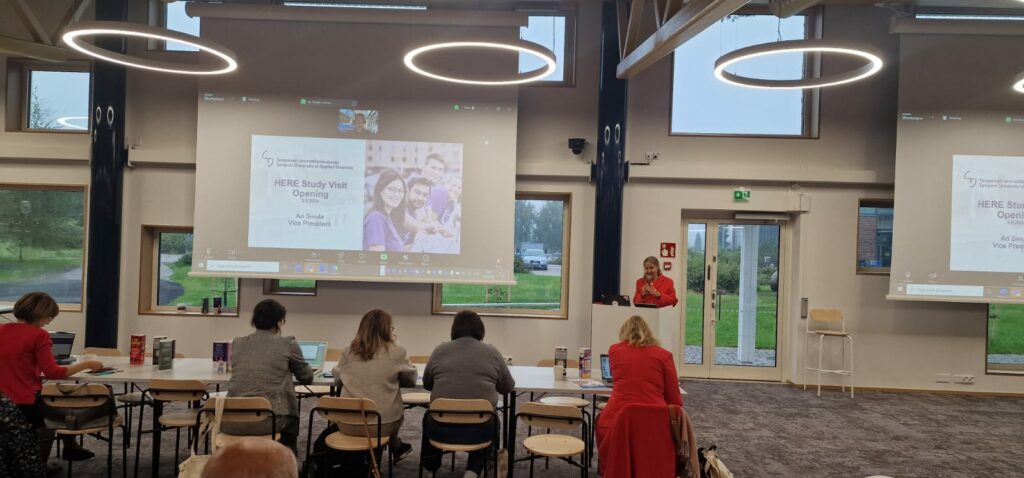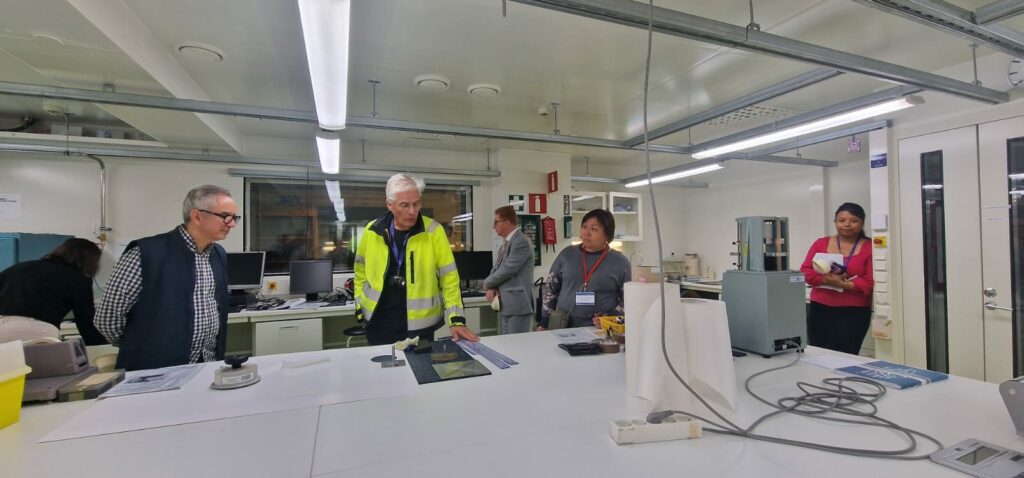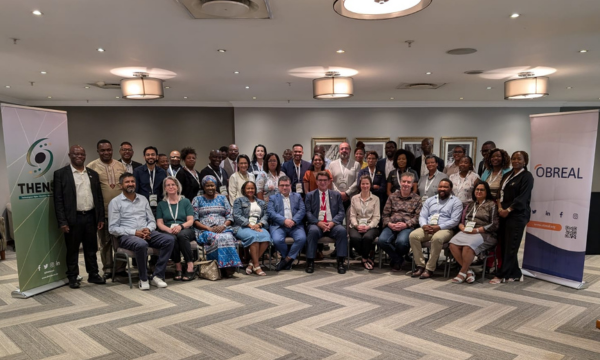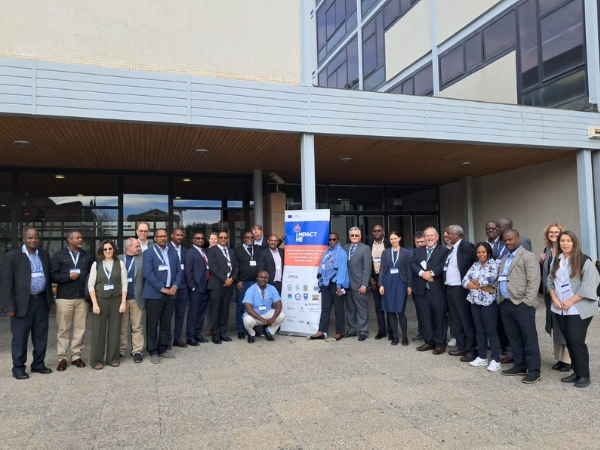OBREAL was present at the SPHERE‘s Study Visit to Tampere University of Applied Sciences (TAMK) in Finland. Under the premise of enhancing University-Industry collaboration for current and future employment, innovation and Sustainable Ecosystems, the study visit provided a comprehensive understanding of how an institution utilises diverse modes of industry cooperation to meet different objectives.
SPHERE is an initiative funded by the European Commission through the Erasmus+ Programme and aims to provide support to the modernisation of higher education in third countries neighbouring the EU (Western Balkans, Central Asia, Eastern Partnership and South Mediterranean Region).
The importance of University-Industry collaboration
In response to the increasing demand for innovative solutions, university-industry collaboration has emerged as a critical policy priority across higher education systems worldwide. As societies face complex challenges, the relationship between knowledge creation, innovation, and practical application has gained unprecedented importance.

Universities are now recognized as essential drivers of local and regional development, actively engaging in initiatives like technology transfer, collaborative research, startup incubators, and spinoff ventures. This collaboration is not only advancing innovation but also playing a pivotal role in enhancing graduate employability. By aligning academic programs with the needs of current and future job markets, universities are reshaping the teaching and learning process to better prepare students for the evolving demands of the workforce.
The Tampere University of Applied Sciences showcases their model
This study visit to Tampere University of Applied Sciences in Finland organized by the SPHERE initiative provided participants with a comprehensive view of how the institution strategically designs and cultivates university-industry partnerships to achieve objectives such as enhancing graduate employability and fostering sustainable innovation ecosystems.
During the visit, attendees explored TAMK’s diverse approaches to industry collaboration, gaining valuable insights into how the university aligns its efforts with various goals. The focus was on several key areas, including curriculum design, work-integrated learning, and teaching collaborations. Participants also learned about TAMK’s initiatives such as learning labs and applied research centers, which play a crucial role in connecting academic knowledge with practical industry needs. In this line, the participants were able to visit three of the University’s laboratories and get to know first-hand how these work.

In conclusion, this visit offered a unique opportunity to understand how TAMK effectively leverages industry partnerships to meet educational and innovation objectives, providing a valuable model for similar collaborations in other institutions.






